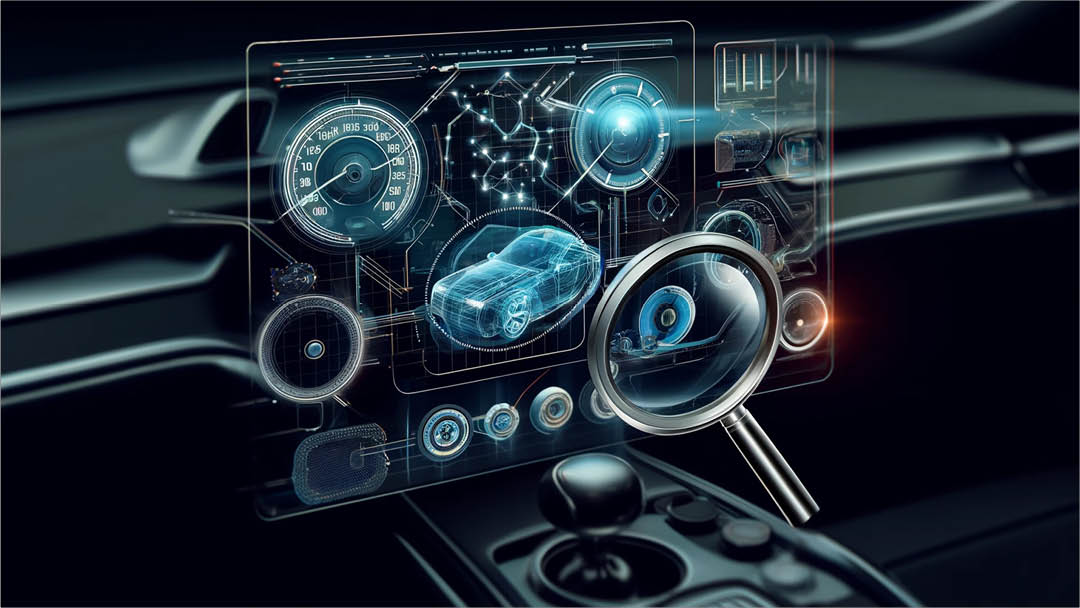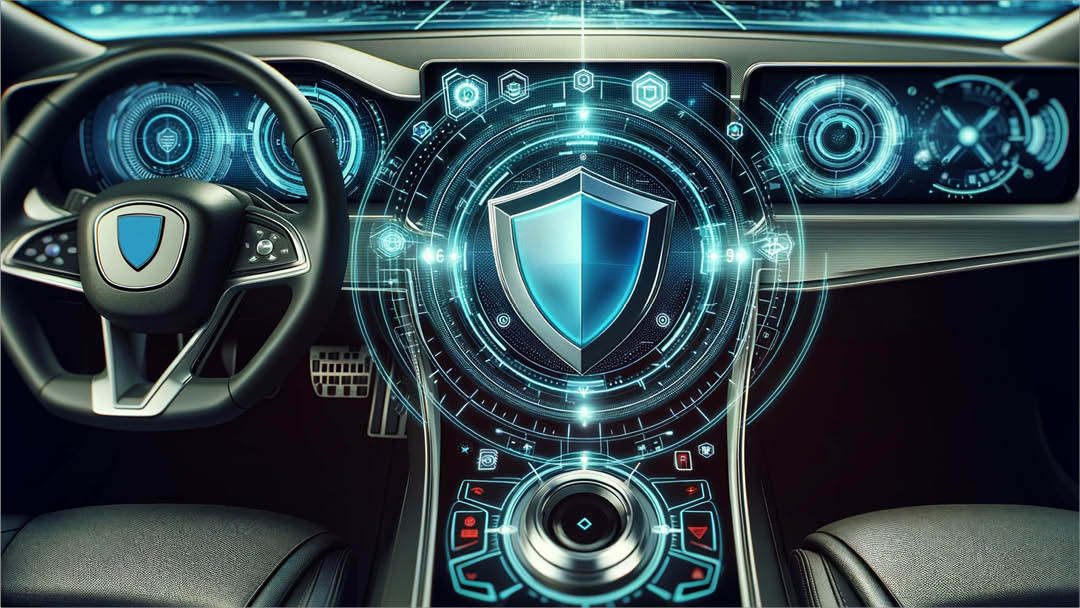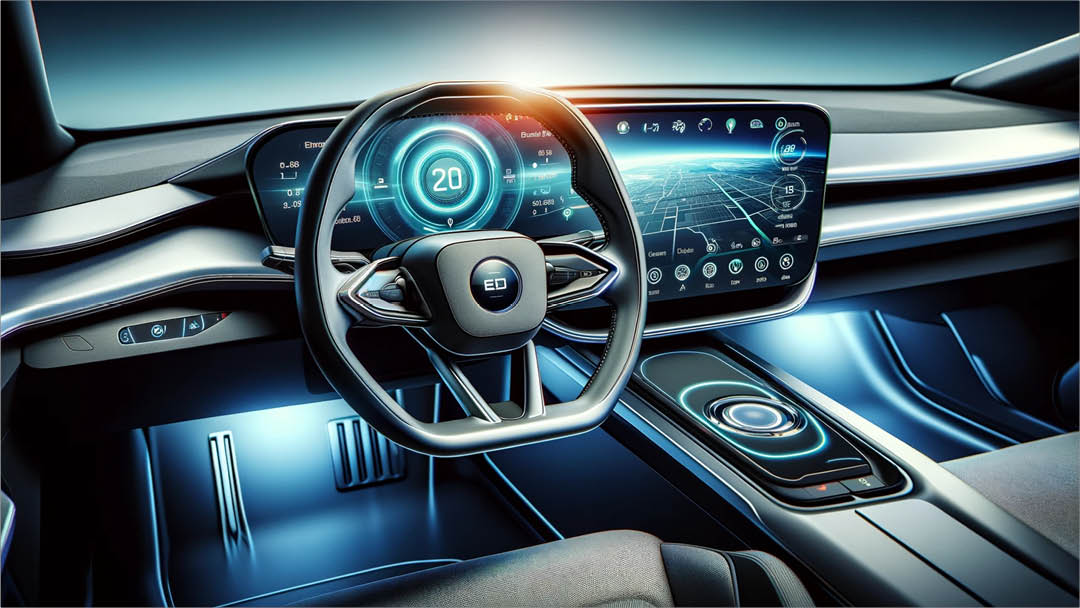In Brief
- The choice of Operating System (OS) and Board Support Package (BSP) significantly impacts the performance, reliability, and capabilities of telematics systems.
- QNX, Linux, and Android are the leading OS contenders in the automotive telematics landscape, each offering unique strengths and trade-offs.
- Acsia possesses deep expertise in tailoring BSPs for these operating systems, ensuring optimal integration, real-time performance, and adherence to rigorous automotive safety standards.
Main Content:
The modern connected car is a marvel of engineering, seamlessly integrating a myriad of sensors, communication modules, and software applications to deliver an enhanced driving experience. At the heart of these advanced telematics systems lies the operating system (OS) and its corresponding Board Support Package (BSP). This dynamic duo forms the foundation upon which telematics applications are built, ensuring smooth operation, reliable performance, and seamless integration with the vehicle’s hardware.
Choosing the Right OS: A Critical Decision
The selection of an appropriate operating system for telematics is a pivotal decision with far-reaching implications. Three prominent contenders have emerged in the automotive industry:
- QNX: Renowned for its real-time capabilities, microkernel architecture, and proven track record in safety-critical systems, QNX is the preferred choice for many automotive OEMs. Its microkernel architecture ensures high reliability and fault tolerance, making it ideal for applications such as ADAS, V2X communication, and over-the-air (OTA) updates.
- Linux: Linux’s open-source nature, vast community support, and flexibility make it a popular choice for a wide range of telematics applications. Its scalability allows it to be deployed in both resource-constrained embedded systems and high-performance computing platforms. Linux is well-suited for infotainment systems, navigation, and connected car services.
- Android: Built upon the Linux kernel, Android brings the familiarity and richness of the mobile ecosystem to the automotive world. Its intuitive user interface, vast app ecosystem, and connectivity features make it an attractive option for consumer-oriented telematics applications, such as media streaming, social media integration, and app-based services.
The Importance of Board Support Packages (BSPs)
While the OS provides the foundation, the Board Support Package (BSP) is the critical bridge between software and hardware. A well-designed BSP ensures that the OS runs seamlessly on the target hardware platform, providing optimal performance, stability, and resource utilisation.
Key Components of a Telematics BSP:
- Bootloader: The bootloader initialises the hardware and loads the operating system kernel.
- Device Drivers: Drivers provide the software interface for interacting with various hardware components, such as sensors, actuators, communication modules, and display controllers.
- Board-specific Configurations: The BSP includes configuration files and settings that are tailored to the specific hardware platform, optimising system performance, and ensuring compatibility.
Acsia: Expertise in QNX, Linux, and Android Kernel BSP Development
Acsia boasts a team of seasoned embedded software engineers with extensive experience in developing and customizing BSPs for QNX, Linux, and Android platforms. We understand the unique challenges and requirements of the automotive industry, such as real-time performance, safety certification, and long-term support.
Our BSP services include:
- Custom BSP Development: Tailored to your specific hardware platform and application requirements.
- Driver Development and Porting: Ensuring seamless integration with your chosen OS and hardware.
- BSP Validation and Testing: Rigorous testing on target hardware to guarantee stability, performance, and compliance with industry standards.
- Performance Optimisation: Fine-tuning the BSP to maximise system performance and resource utilisation.
The Road Ahead: BSPs in the Age of Software-Defined Vehicles
As vehicles become increasingly software-defined, the role of BSPs will only grow in importance. The ability to rapidly adapt to new hardware platforms and emerging technologies will be critical for staying competitive in the fast-paced automotive market. Acsia is committed to helping you navigate this evolving landscape by providing expert BSP development services that enable you to build robust, reliable, and future-proof telematics systems.
Ready to unleash the full potential of your telematics platform? Partner with Acsia and experience the power of our customized BSP solutions. Contact us today!










